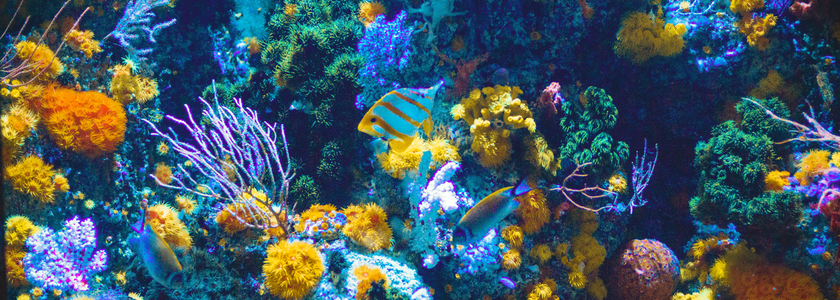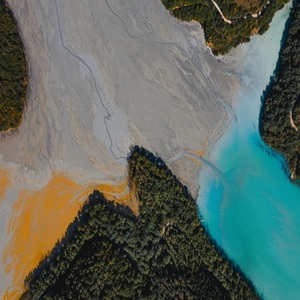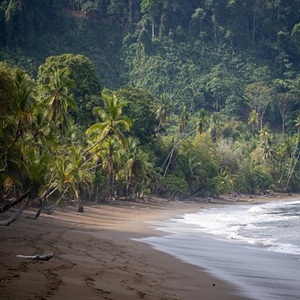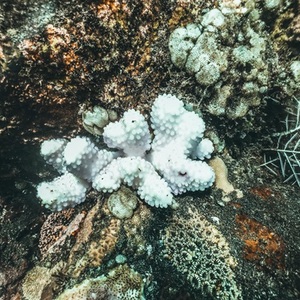

Coral reefs, even though they cover just one percent of the ocean floor, contain 25 percent of all marine species. That's why coral reefs are sometimes called the “rainforests of the sea.” As detailed in a previous article, runoff from coastal regions can have a significant, negative impact on the health of coral reefs. A recent study, lead-authored by Dr. Andrés Suárez-Castro of the University of Queensland, points to reforestation of terrestrial forests as one of the most important ways to help preserve the health of these marine “forests.”
Runoff from land-based sources contains not only sediment, which can block important sunlight from reaching coral, but also chemicals such as nitrogen from fertilizers. Nitrogen acts to make corals more susceptible to disease as well as decreasing their resiliency to the warming ocean water. While human activity such as land clearing, deforestation, and agriculture can result in increased runoff and have negative impacts on coastal water quality and coral reef health, we also have the power to improve the runoff problem.
One of the most effective ways to control runoff naturally is through reforestation. Trees act to provide more stability to the soil, thereby decreasing the risk of erosion, and they also trap sediment before it can run off into marine ecosystems. As an example, if an average of 1000 hectares (2471 acres) of coastal land was reforested near the major coral reefs of the world, the amount of sediment reaching reefs could be reduced by 8.5 percent over the 63,000 square kilometers (24,324 square mi) of coral reefs worldwide. Currently, the two countries with the most coastal runoff near coral reef zones are Indonesia and the Philippines, accounting for a full 52% of sediment runoff. Reforestation also has the added benefit of offsetting carbon dioxide emissions, helping to mitigate another chemical whose increase is having negative effects, not only on climate but also on coral reefs.


